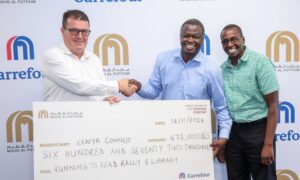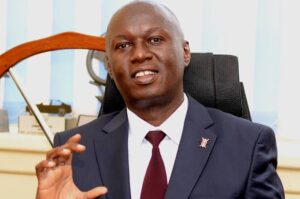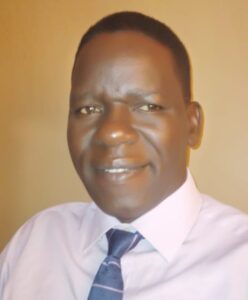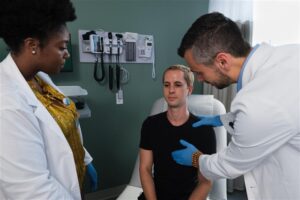Khayanga Wasike: Championing Menstrual Equity Through Days for Girls Lugari

Khayanga Wasike’s life journey is a testament to the power of individual initiative in addressing pressing social issues. Driven by her own experience of period poverty, where she resorted to using dry cow dung as a menstrual pad due to lack of financial resources, Wasike has become a champion for menstrual equity in Kenya.

In 2017, Wasike established Days for Girls Lugari, a non-profit organization dedicated to providing reusable sanitary pads and menstrual hygiene education to girls in need. This initiative stemmed from her unwavering commitment to ensuring that no girl’s education and well-being are compromised by period poverty.
The reusable pads distributed by Days for Girls Lugari are not just a practical solution; they are a symbol of empowerment and dignity. Made from cotton with a protective shield, underwear, and a liner, these pads offer comfort, affordability, and durability (lasting two to three years), making them a sustainable alternative to disposable options.

The impact of Wasike’s work is evident in the lives of countless girls who have benefited from her initiative. Their testimonials speak volumes about the transformative power of access to menstrual hygiene solutions.
Caren Muhonja, a beneficiary, reflects on the increased comfort and reduced financial burden the pads have brought. She recognizes the potential to address school absenteeism and improve girls’ overall educational experience.
Alex Munmamnu, a father, expresses his support for the initiative, acknowledging the affordability and positive impact on his daughters’ well-being. He encourages other fathers to follow suit and ensure their daughters have access to these essential hygiene products.
Clarion Wanjiru, a student, highlights how the cost-effectiveness of reusable pads has enabled her to continue attending school without interruption. She encourages other girls to embrace this sustainable solution and build a supportive community around menstrual hygiene.

Irene Ludenyu, another beneficiary, shares her experience of overcoming the challenges of period poverty and the increased academic success she has since achieved. The reusable pads have empowered her to focus on her studies without worrying about missed school days.

Wasike’s vision extends far beyond providing immediate solutions. She aspires to expand the reach of Days for Girls Lugari and increase production of reusable pads to cater to a wider population of girls in need. Her ultimate goal is to encourage widespread adoption of reusable pads and challenge the reliance on disposable options that pose environmental and financial burdens.

Khayanga Wasike’s story is a powerful reminder that even with limited resources, individuals can make a significant difference in their communities. Her unwavering commitment to menstrual equity serves as an inspiration for all who strive to create a world where every girl has the opportunity to reach her full potential.







